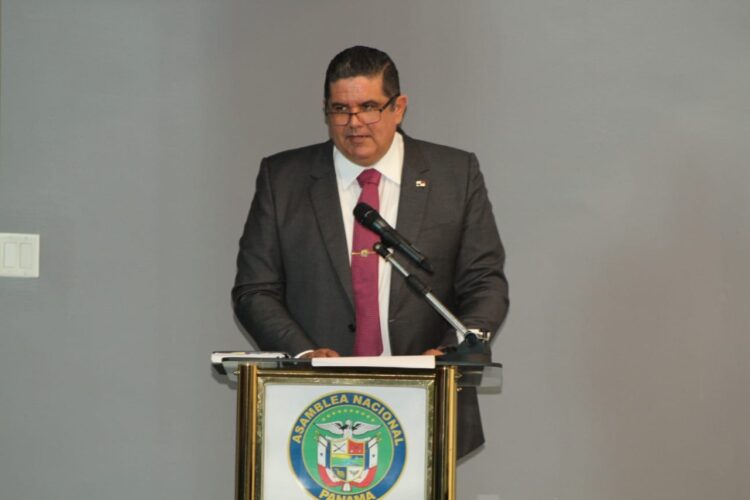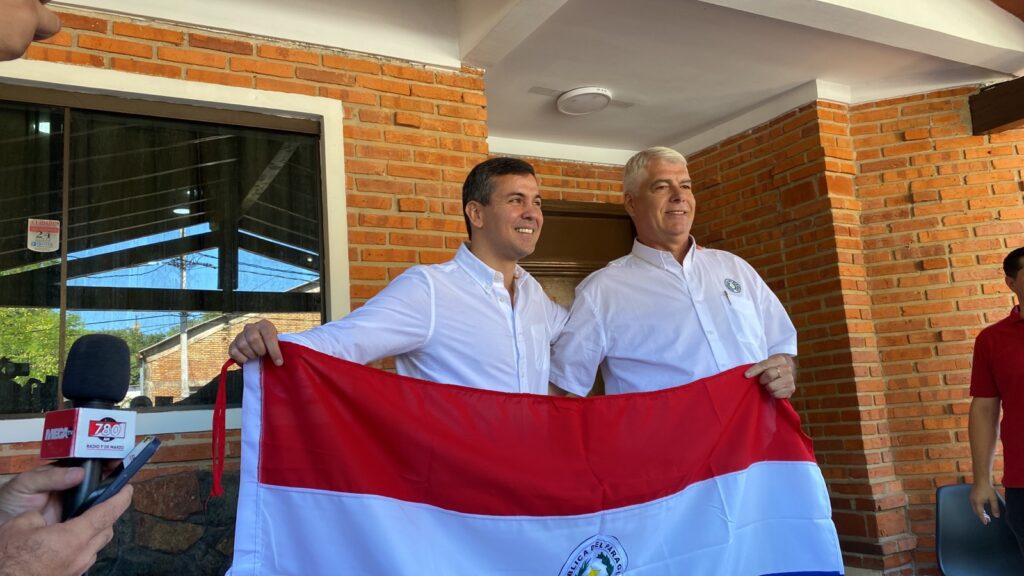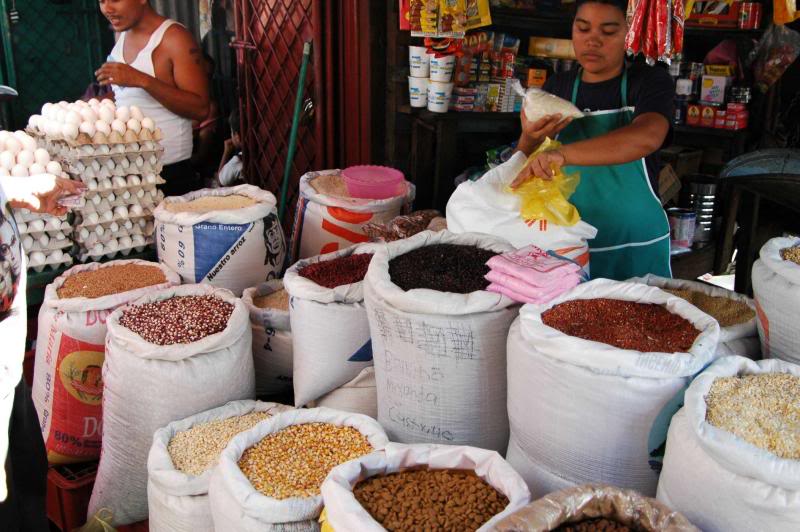Security Minister Juan Manuel Pino ruled out withdrawing the asset forfeiture project, as suggested by the president of the National Assembly, Crispiano Adames.
“We have made an objective assessment, since it is not going to be withdrawn, taking into consideration that this project intends to reduce to its minimum the financial and operational capacity of organized crime in all its modalities,” Pino said.
He said that the National Assembly has the responsibility and power to make the necessary modifications to achieve national consensus around the project. “As I have already stated, this project is not written in stone and is subject to changes that allow its incorporation into our legal system,” he added.
The minister explained that a catalog of crimes was established, among them: organized crime related to drugs, qualified fraud, against individual freedom and forced disappearance; gang membership; extortion; kidnapping; counterfeiting of coins and other valuables; money laundering; corruption of minors; commercial sexual exploitation; human trafficking; smuggling of migrants; murder for hire or remuneration; against the economic patrimony; against the economic order; against computer security; cybercrime; terrorism and terrorist financing; against the environment and territorial ordering; piracy; possession and trafficking of weapons and explosives; against public health, traffic and receipt of things from crime and all those carried out through an illegal association.
He argued that currently, the result of a conviction in a criminal proceeding does not prevent the sanctioned person from making use of the assets acquired as a result of his criminal actions. This affects peaceful coexistence, sustainable human development, democratic stability and progress.
On January 24 and 25, the Ministry of Security will hold a National Workshop on the Challenges of Bill No. 625, to which different sectors of civil society will be invited.










